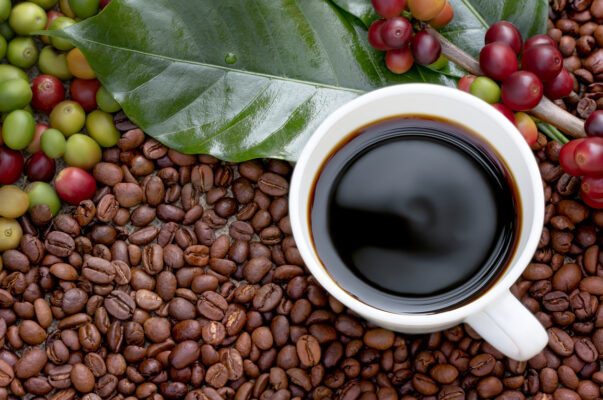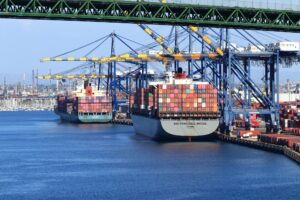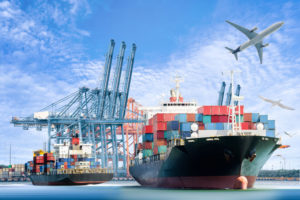One of the first things that millions of Americans do when they wake up is have their morning coffee. 64% of Americans drink coffee daily. It is a routine and a necessity for many starting their workday. Bringing in an estimated $6.9 billion of coffee in 2021, the United States is the world’s biggest importer of coffee. For reference, this is about 19.2% of the amount of coffee imported globally. Americans drink approximately 400 million cups daily and 146 billion cups of coffee a year. With over $1 billion in coffee moved to the U.S. yearly, Colombia is the biggest exporter.
Coffee rose to one of the most popular beverages after the Tea Act of 1773. The Tea Act imposed taxes on various imports, including tea, the most consumed drink at the time. The Americans protested against the tariffs by switching to coffee instead of tea; the rest is history. Only two states are legally allowed to commercially grow coffee, meaning that shippers import most coffee from elsewhere. If you plan on importing coffee into the U.S., this article will give you a summary of what to expect. Contact a customs broker for a detailed explanation and to be fully prepared.
Beginning the importation Process
To begin the importation process, the shipper knows the requirements for importation. It is vital to ensure that the import complies with governing agencies like the CBP, FDA, and USDA. Each agency has specific documents to be submitted and requirements, for example:
- US. Customs and Border Protection (CBP): The CBP requires any import over $2500 in value to have a customs bond.
- Food and Drug Administration (FDA): The FDA requires import registration and a Prior Notice Filing with important information about the shipment. Contact a customs broker for a list of what is needed on the filing and to help with completion.
- United States Department of Agriculture (USDA): The USDA requires the application for a permit to import plant products like coffee beans.
The FDA also requires you to appropriately label every bag imported into the U.S. This includes the ingredients, content, net weight, and more.
In the shipment arrangement, choose the method of conveyance that corresponds to the type of shipment. For example, A load of coffee beans that is 24 pallets would benefit from an FTL sea freight container. Shipments that aren’t too large and need to be moved quickly should better go on an airfreight aircraft. It is also crucial to understand the different costs associated with your shipment. For example, the CBP requires a Harbor Maintenance Fee for any shipment coming into the U.S. via ocean. A Merchandise Processing Fee is a processing payment required for most imports into the U.S.
Whether you’re a first-time importer of coffee beans or a business continuously importing, it is essential to prepare yourself. If you plan to import coffee or other goods, contact A1 Worldwide Logistics at 305-821-8995 to get started. Our freight forwarders will move your cargo anywhere inside or out of the U.S. Our licensed customs brokers will coordinate with U.S. customs to clear your shipment and simplify your shipping process.





